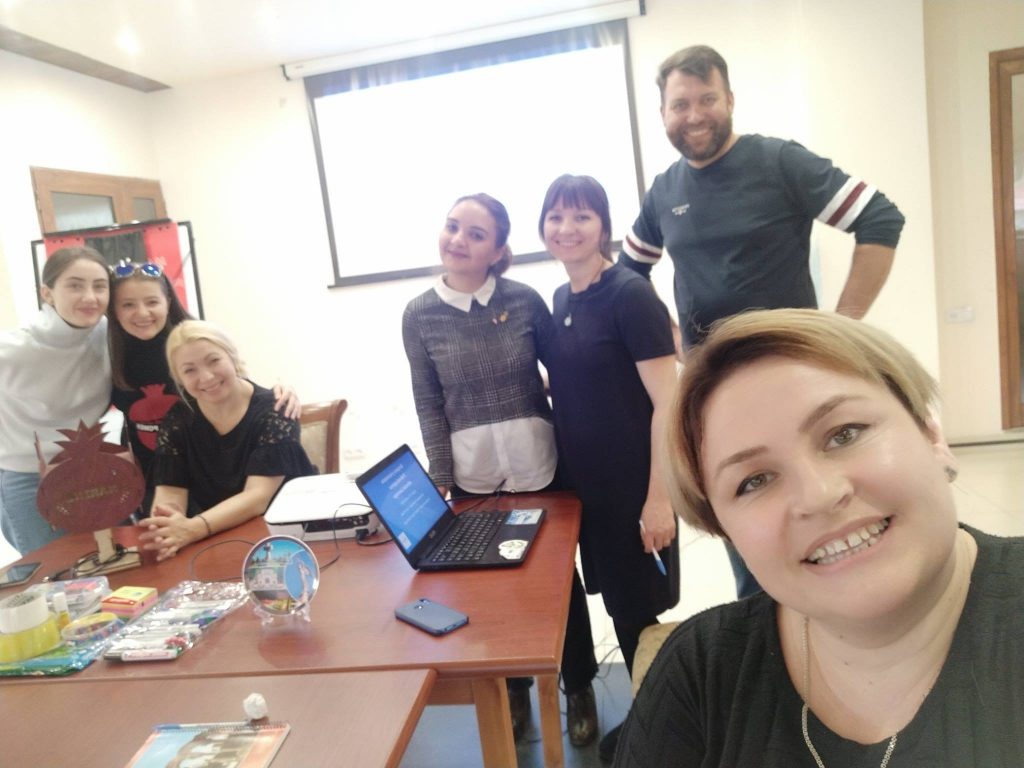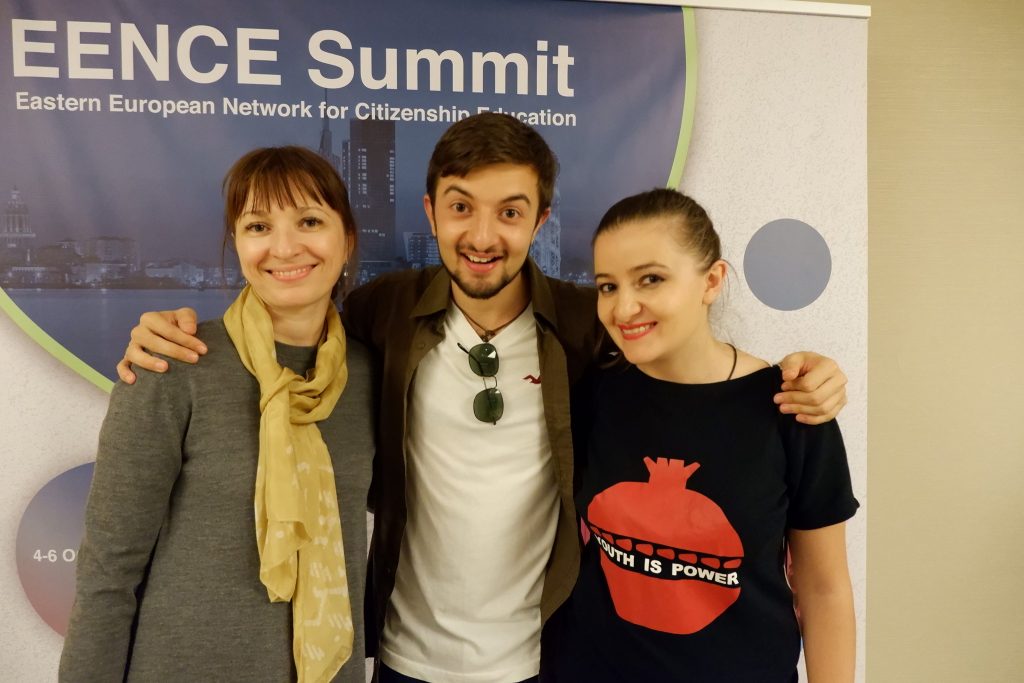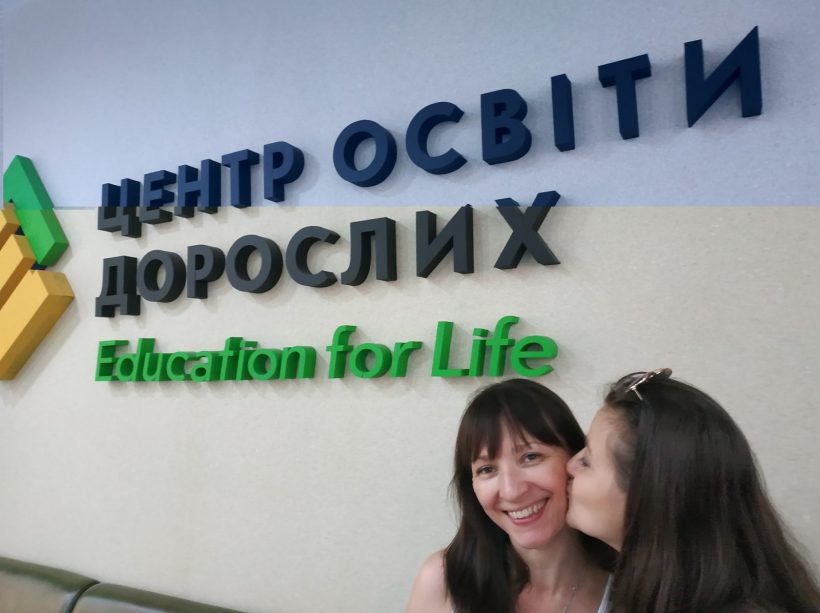Irina Sklyar: there are “gray areas” in civil education now that need to be sorted out
The Russian invasion of Ukraine has radically changed not only the geopolitical situation in the world, but also the lives of individuals. Among those who feel all the horrors of wartime every day are our Ukrainian experts – members of EENCE.
Today Irina Sklyar, one of the activists of our Network, shares her story.
“The war has radically changed my life – I mean not only geographical displacement (I am now in Vienna with my children).
Everything that could have changed has changed: communication with relatives (husband in the Armed Forces, all relatives remained in Ukraine), colleagues, students. And most importantly – you feel like in a black hole, where there are no clear and predictable causal nexus.
You suddenly find yourself in a situation where you do not know what will happen tomorrow, and you are afraid of checking messengers, because of the fear of finding news that will finally “crush” you. You understand your helplessness and impotence, you try to channel the rest of your energy into some constructive channel, but it turns out badly.

Everything that keeps you in some kind of complete state is, firstly, the support of people (everyone! – I have never met with indifference or neglect), and secondly, how scary it sounds – an understanding of how it could have developed specifically for you when you read the news about Mariupol, Bucha, or Trostyanets…
The public organization that I head (the Adult Education Center) does not work, but as a teacher of the ”Civic Education“ module at the university, I continue to teach. It was during this period that my module fell. I have been working remotely since the beginning of April. I try to include cases “from the war”, but it doesn’t come out very well, because of a certain emotional experience.

As for the priorities in civic education, it is obvious to me that everything should be be rethought. Everyone is writing about it now. This war demonstrated and gave terrible real cases of where civil education coped with the tasks assigned to it, and where it did not, but most importantly – where there are “gray areas” that need to be sorted out.
For example, my friend had a conversation with an Italian. The essence of the conversation briefly was that “we sympathize with you, but you (Ukrainians) must agree with Putin’s demands.” This is what I call the “gray areas” with which civic education should work now.
An important message that should be included in the programs of civic education is that war is not about politics (this is exactly what that Italian had in mind). Perhaps we need programs like “Citizenship education in storytelling about war” or Global)Citizenship: An Inside Out War Experience (it’s about gray areas)”.
Dear colleagues! If you want to share your stories related to the war, please write to us.


